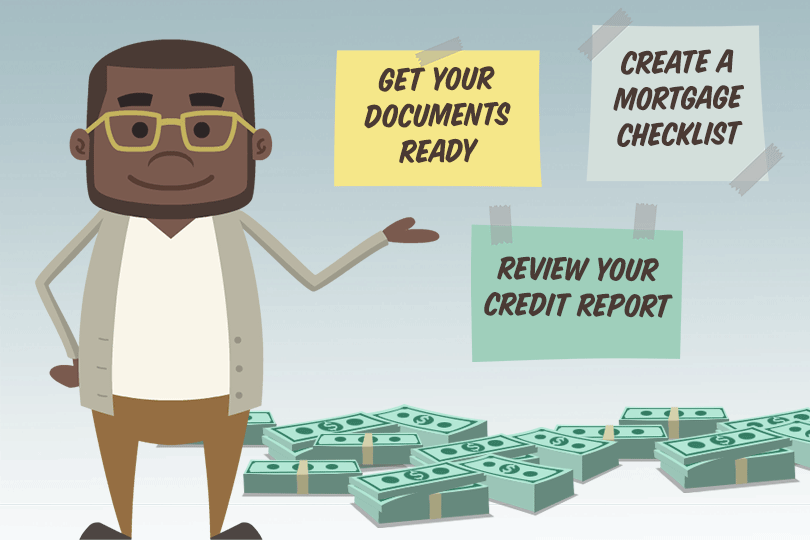FHA Loan Requirements for 2021 and Beyond
October 16, 2021
HOW TO QUALIFY FOR AN FHA LOAN
To qualify for an FHA home loan, borrowers need to meet a few requirements and follow some guidelines.
The FHA requires a low down payment of just 3.5% when buying a home, with a minimum credit score of 580. Compared to conventional loans, which typically require a score of at least 620, this is an easier requirement for many potential homebuyers to meet. The FHA makes it even more accessible to borrowers with lower scores between 500 and 579, who are required to pay a down payment of at least 10% on the home purchase.
Since the FHA has no income limits for borrowers to qualify, it judges a borrower’s ability to repay their loan with their debt-to-income ratio. According to HUD Handbook 4000.1, applicants must have a “maximum qualifying ratio” of 43%. This number is calculated by adding up the total mortgage payment (principal and interest, escrow deposits for taxes, hazard insurance, mortgage insurance premium, homeowners' dues, etc.) as well as all recurring monthly debt (car loans, personal loans, student loans, credit cards, etc.), then dividing by the gross monthly income.
The FHA sets annual limits for the amount it will insure in home loans. The limits are based on county and property type, and the conventional loan limits set by Fannie Mae and Freddie Mac. The FHA loan limits are a deciding factor for many borrowers in whether they or not they apply for an FHA mortgage.
OTHER FACTORS TO CONSIDER
Even though there are no income requirements to meet, the FHA does verify income and employment documentation to make sure that applicants have a steady stream of income. It also excludes applicants who have foreclosed on a home in the previous three years.
In an effort to include more Americans in the housing market, FHA loans are available to finance various kinds of housing. The FHA offers Condo Loans, One-Time Construction Loans for new construction, and also Rehab Loans for fixer-uppers. They can be used to purchase single-family homes, multi-family homes with up to four units, and even manufactured homes on permanent foundations. The main rule to know is that any home purchased with an FHA loan must serve as the borrower’s primary residence. Investment properties are not eligible. There are exceptions for mixed-use properties, with at least 51% of the space dedicated to residence.
Overall, these guidelines make it possible to buy a house with FHA even if you don’t have a super high credit score or a ton of money saved up.
------------------------------
RELATED VIDEOS:
You're Almost There When You Get Your Loan Approval
Learn About the Mortgage Insurance Premium (MIP)
Pre-approval Starts the Mortgage Process

FHA Loan Articles
September 25, 2023Mortgage rates are hitting prospective homeowners hard this year and are approaching 8%, a rate that didn't seem very likely last winter. With so many people priced out of the market by the combination of high rates and a dwindling supply of homes.
September 19, 2023The FHA Handbook serves as a crucial resource for mortgage lenders, appraisers, underwriters, and other professionals involved in the origination and servicing of FHA-insured home loans. It outlines the policies and requirements for FHA-insured mortgages.
September 13, 2023FHA rehab loans are a specialized type of mortgage loan offered by the Federal Housing Administration that allows borrowers to finance both the purchase or refinance of a home and the cost of needed repairs.
September 8, 2023Borrowers considering an FHA loan should be familiar with some basic loan terminology. These loans are popular among first-time homebuyers and those with lower credit scores because they often offer more flexible eligibility requirements and lower down payment options.
September 2, 2023You may have heard the terms co-borrower and cosigner in connection with your FHA loan process, but aren't sure about the distinction. Both a co-borrower and a cosigner can help a primary borrower qualify for a mortgage, but they have different roles and responsibilities.







